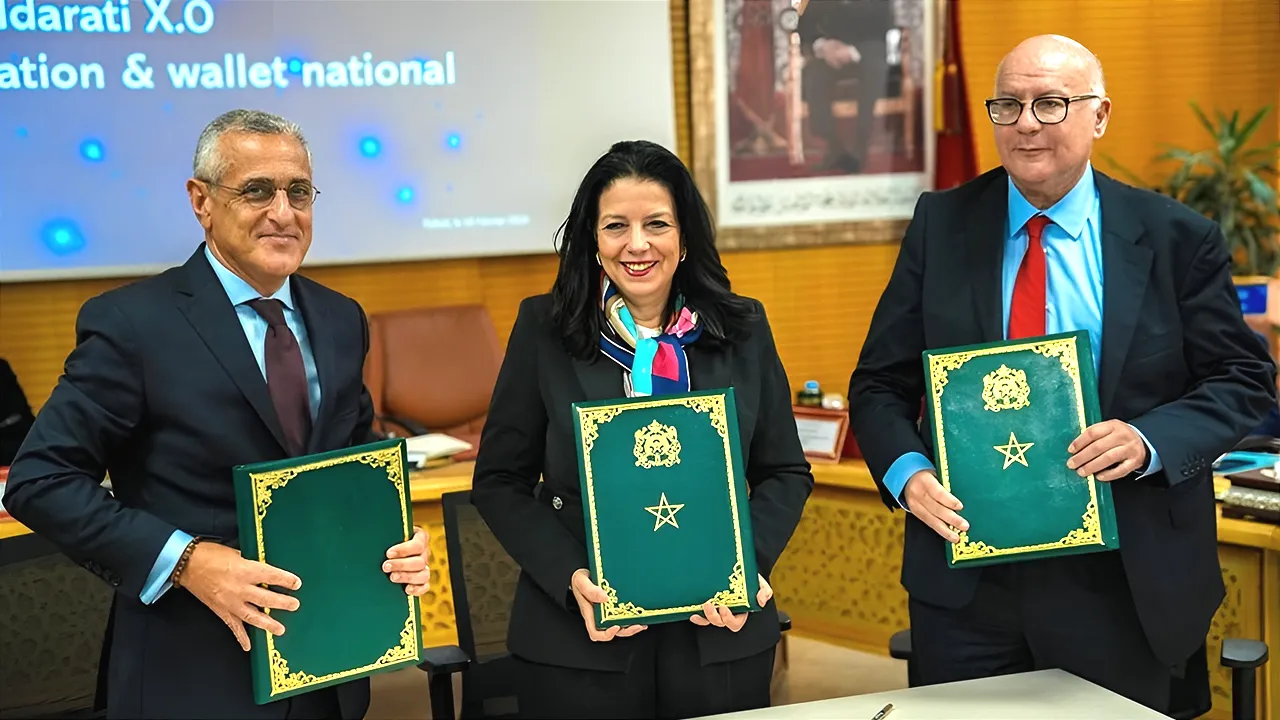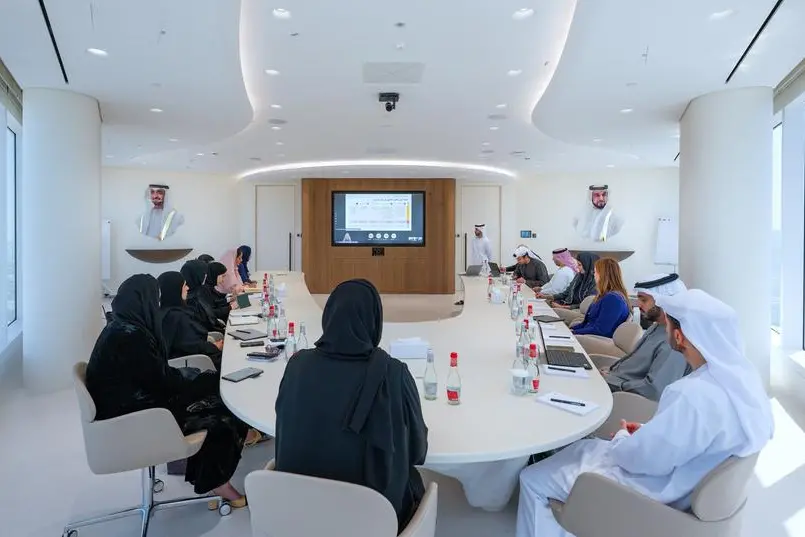In a significant development for the future of energy storage, researchers at Saudi Arabia’s King Abdullah University of Science and Technology (KAUST) have discovered a novel method to dramatically extend the life of water-based batteries. This breakthrough addresses a critical hurdle in developing safer, more cost-effective alternatives to the ubiquitous lithium-ion batteries that power much of our modern world.
The Challenge with Current Battery Technology
Lithium-ion batteries, while powerful, come with notable drawbacks. They rely on flammable organic electrolytes, posing safety risks, and are constructed from costly and relatively scarce materials like lithium and cobalt. These limitations have spurred a global search for alternative battery chemistries that are safer, more sustainable, and more economical, particularly for large-scale applications like grid energy storage.
Aqueous Batteries: A Safer, Greener Alternative
Aqueous zinc-ion batteries (AZIBs) have emerged as a promising solution. By using water-based electrolytes instead of flammable organic solvents, they are inherently safer and more environmentally friendly. Zinc is also abundant and inexpensive, making these batteries a highly attractive option. However, their widespread adoption has been hindered by a major technical challenge: a short operational lifespan caused by the formation of zinc dendrites and other unwanted chemical reactions within the battery.
The Scientific Breakthrough: A Novel Electrolyte Solution
The research team at KAUST, led by Professor Husam N. Alshareef and his Ph.D. student Qiu Jiang, has tackled this problem head-on. Their solution involves engineering a unique electrolyte known as a “water-in-salt” electrolyte (WiSE). By increasing the salt concentration, there is less free water available to cause corrosive side reactions on the zinc anode.
The team’s key innovation was introducing a specific additive, the trifluoromethanesulfonate (TFO) anion, to this electrolyte. This additive plays a crucial role in modifying the chemical environment at the anode’s surface, promoting a uniform deposition of zinc and effectively suppressing the growth of dendrites that can short-circuit the battery. The result is a remarkable improvement in performance, with the modified battery demonstrating stable operation for 850 hours over 3,000 cycles, a significant leap forward in durability.
Implications for Energy Storage and Vision 2030
This breakthrough has profound implications for the energy sector. Stable, long-lasting, and safe aqueous batteries could be ideal for grid-scale storage, helping to manage the intermittent nature of renewable energy sources like solar and wind. This aligns perfectly with the goals of Saudi Arabia’s Vision 2030, which emphasizes a transition to clean energy and the development of a diversified, knowledge-based economy.
About KAUST
King Abdullah University of Science and Technology (KAUST) is a private research university located in Thuwal, Saudi Arabia. It is a world-renowned institution dedicated to advancing science and technology through interdisciplinary research, education, and innovation. The university serves as a key pillar in the Kingdom’s efforts to become a global hub for scientific discovery and technological development.
Looking Ahead
While the KAUST team’s discovery marks a pivotal step, the next phase will involve scaling the technology from the lab to commercial applications. Further research will focus on optimizing the battery’s design and testing its performance under real-world conditions. This Saudi-led innovation not only contributes vital knowledge to the global battery community but also positions the Kingdom as a key player in developing the next generation of energy storage technologies essential for a sustainable future.
Source: Fast Company Middle East














